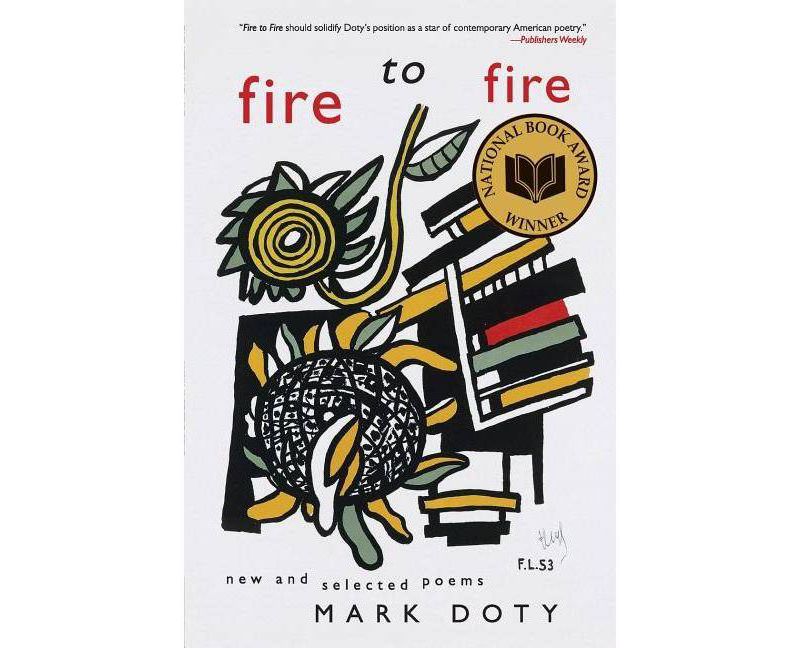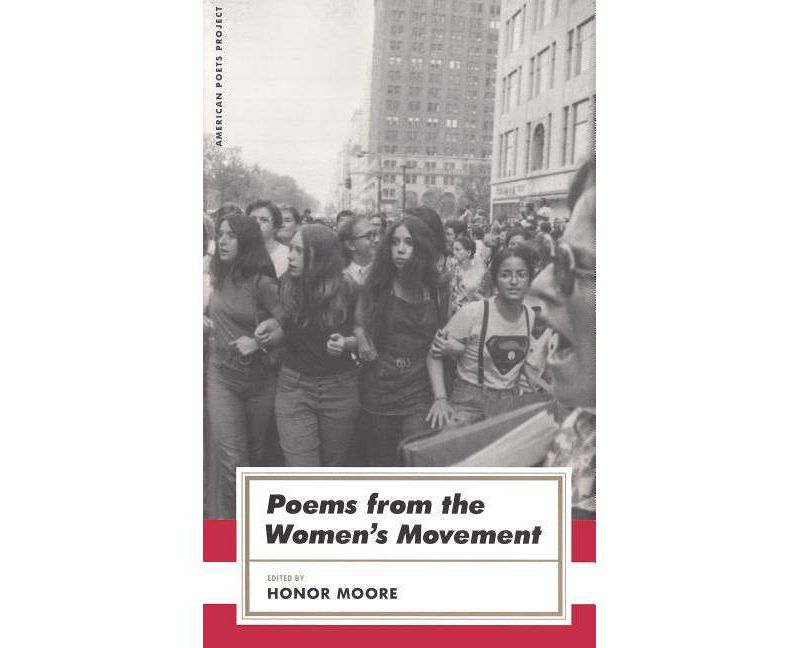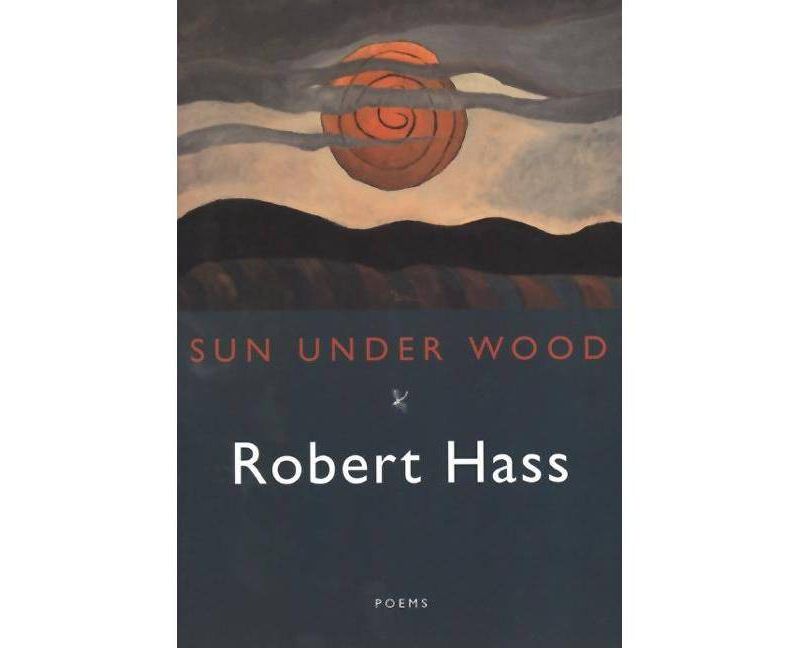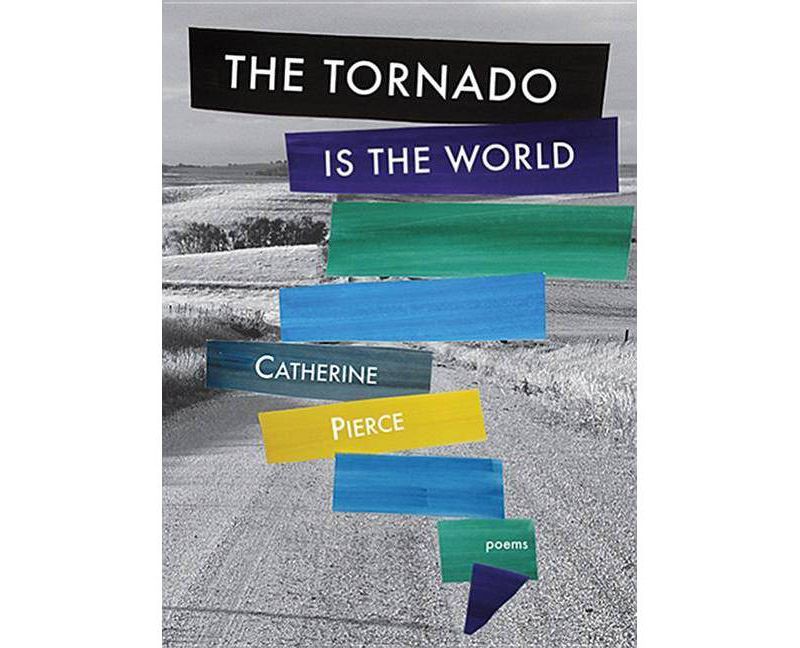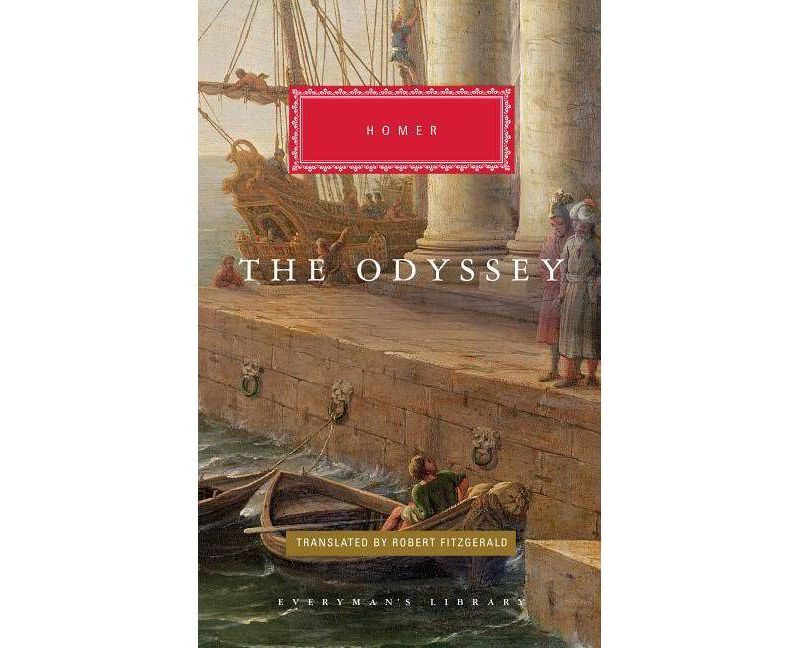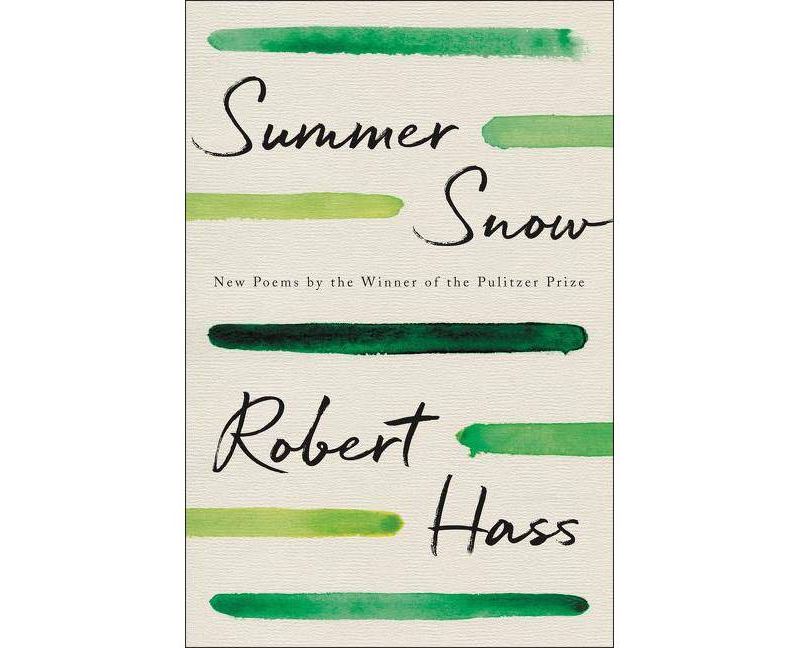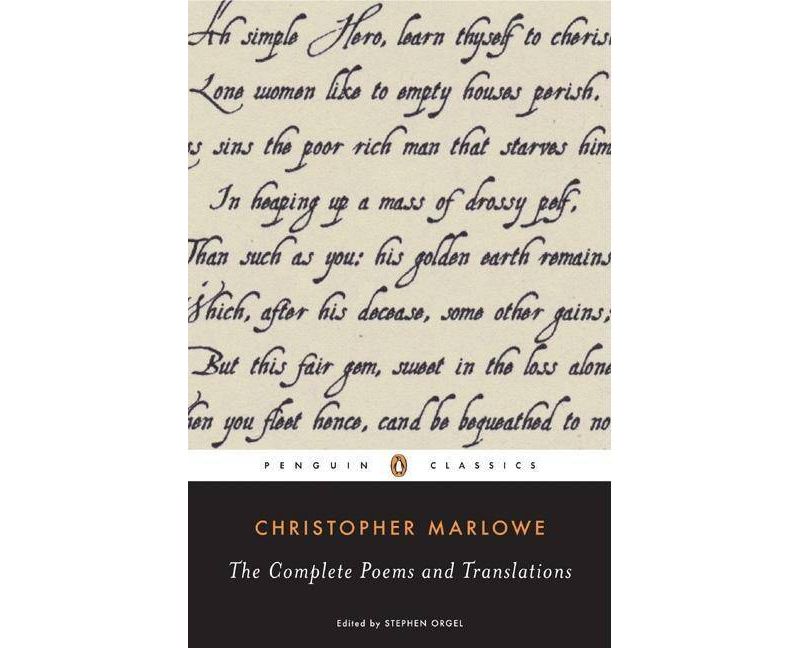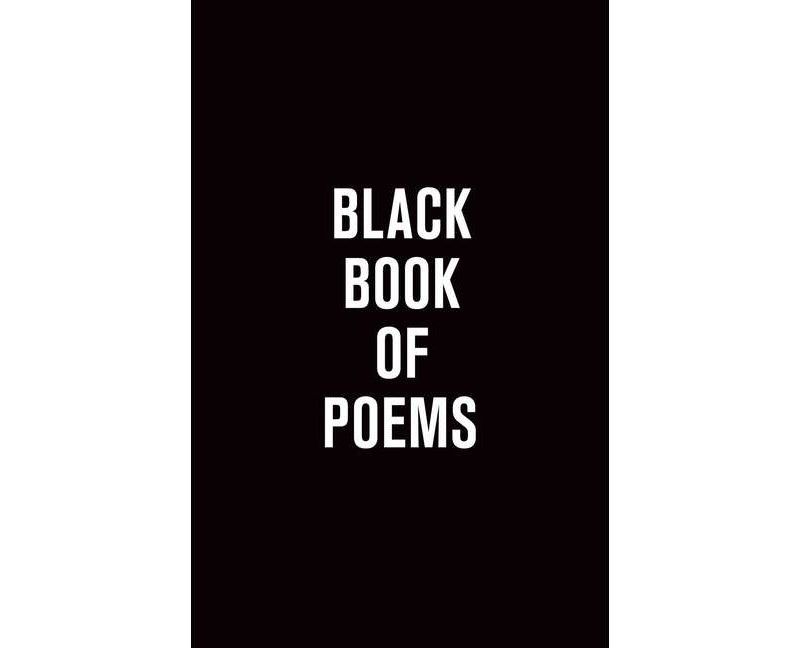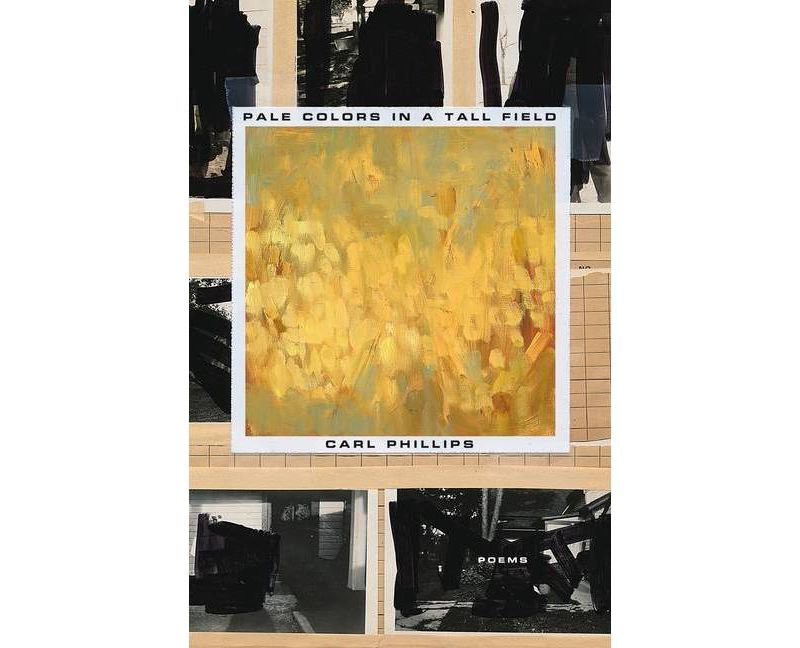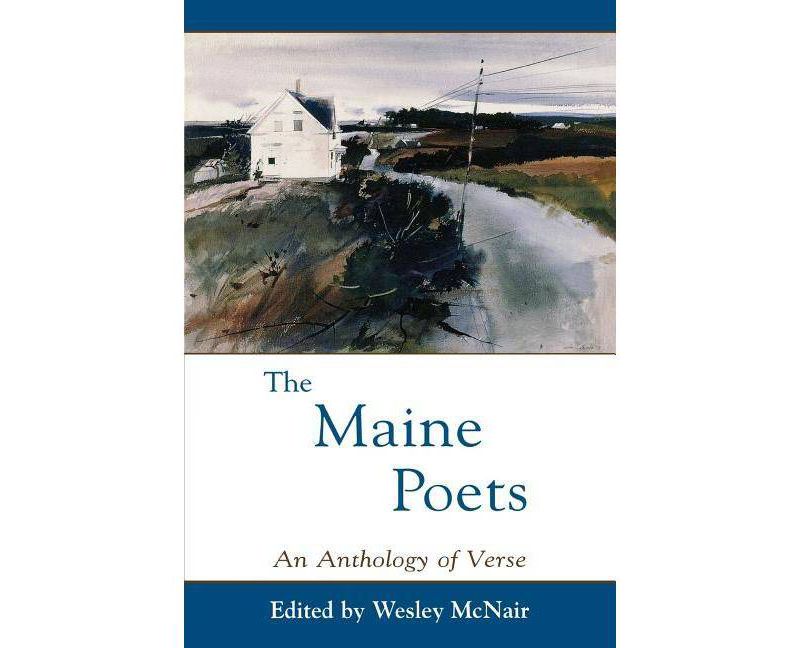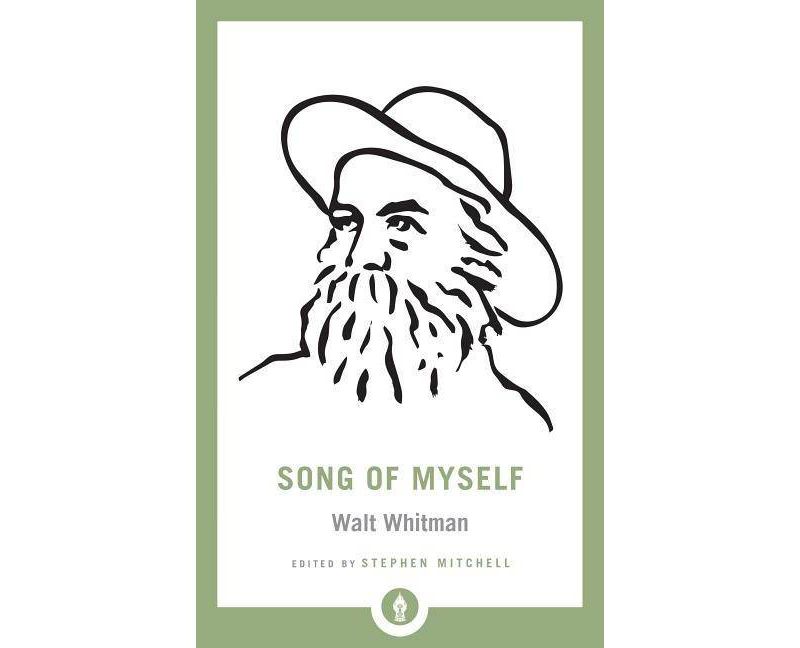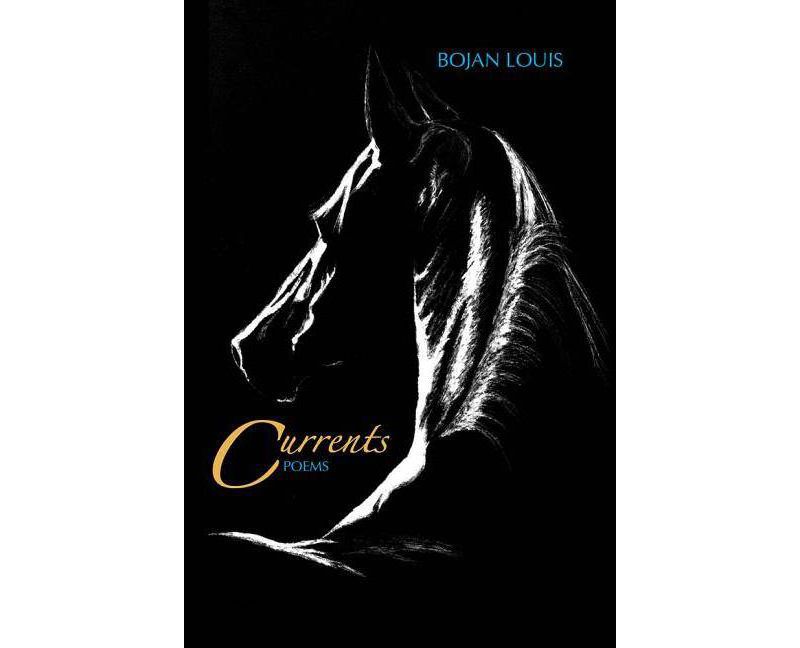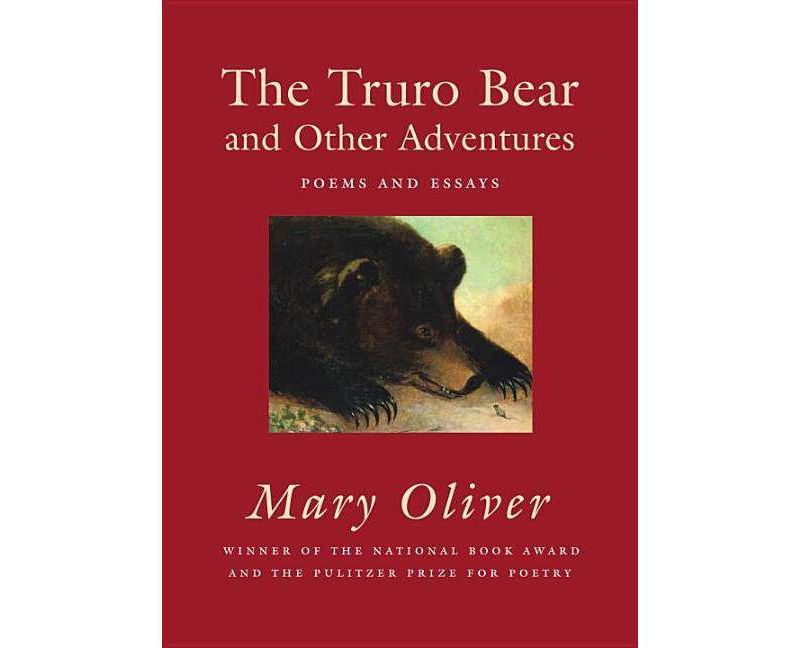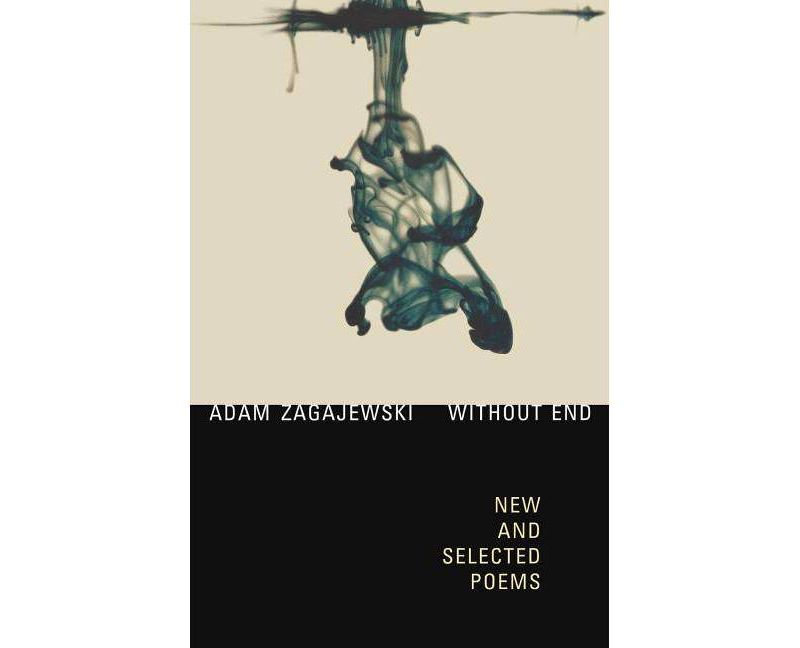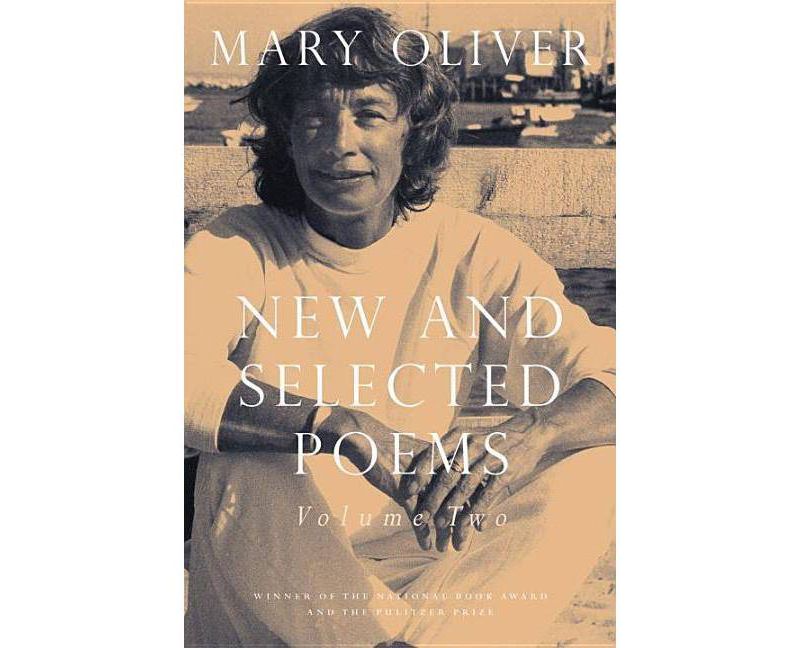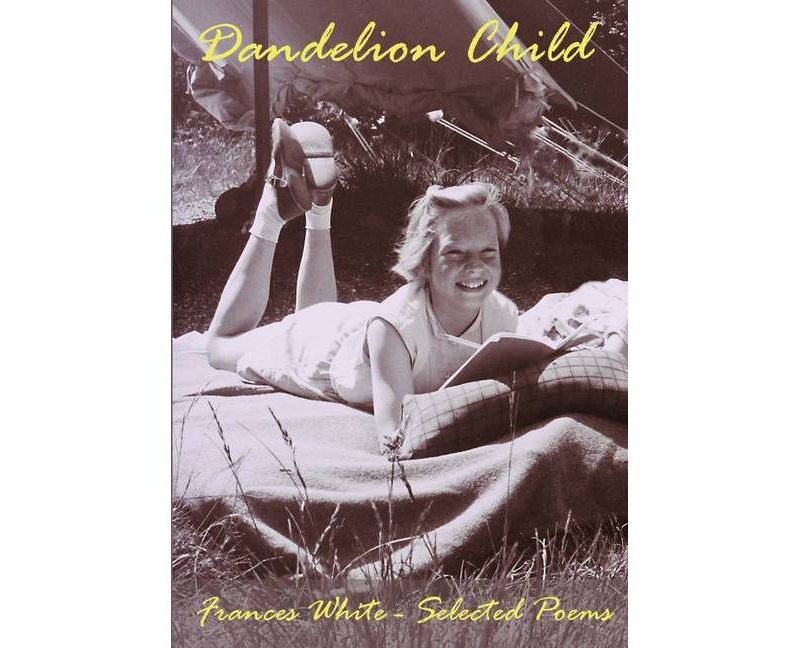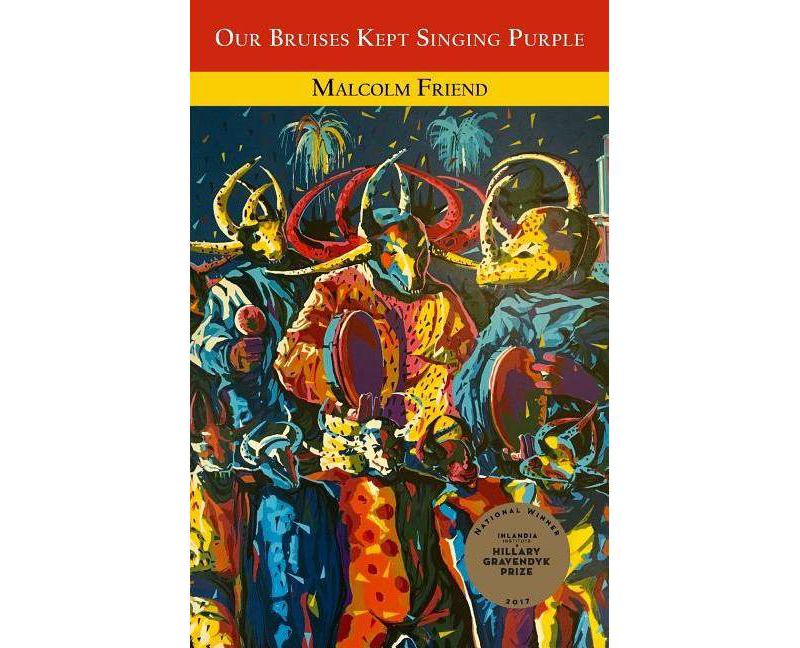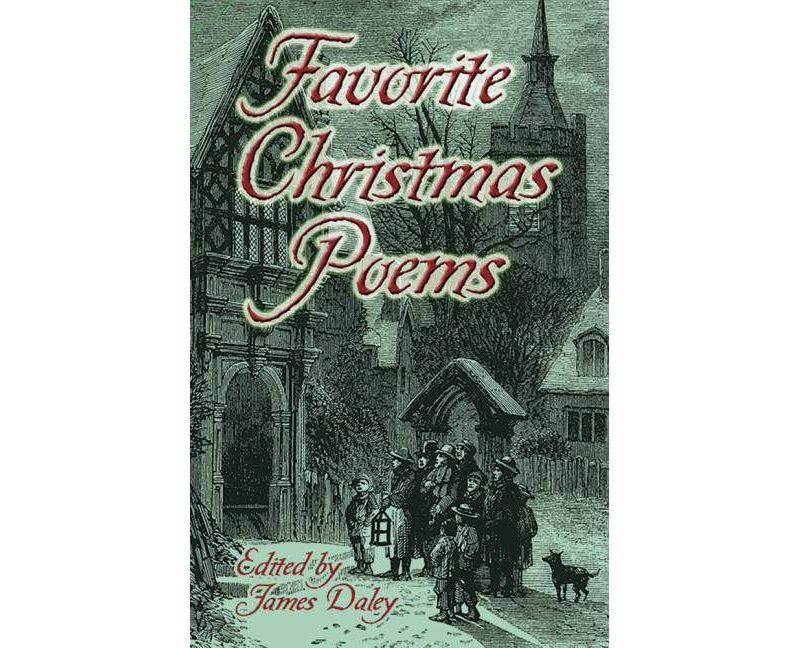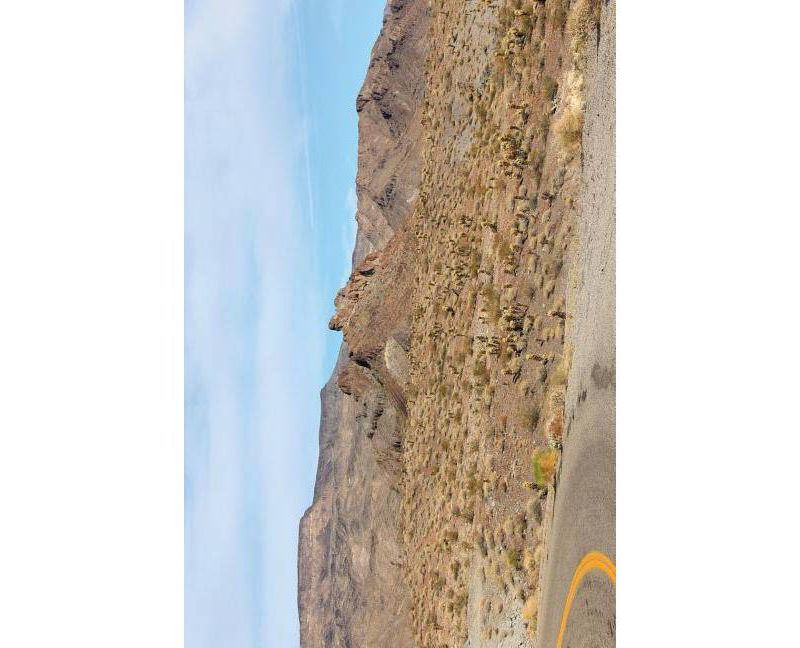Buy Alisoun Sings - by Caroline Bergvall (Paperback) in United States - Cartnear.com
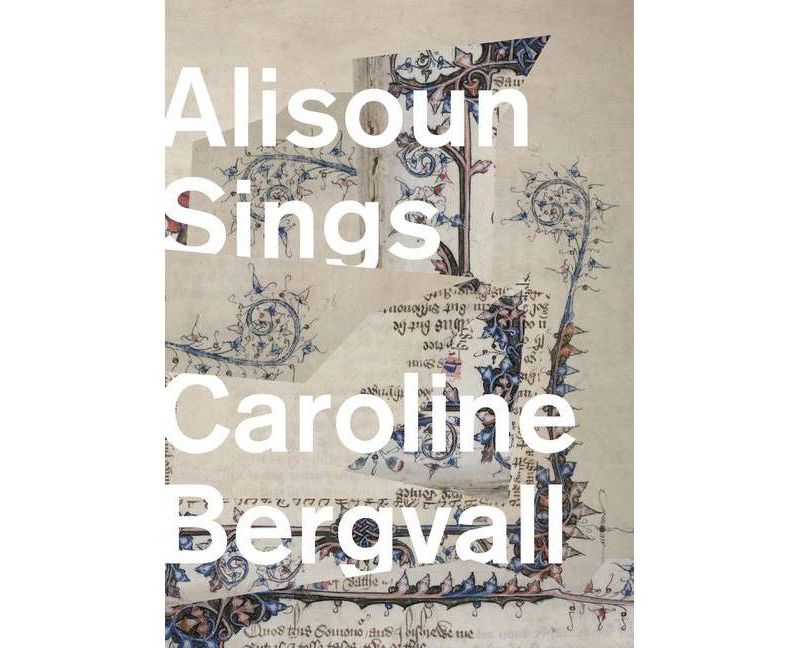
Alisoun Sings - by Caroline Bergvall (Paperback)
CTNR968798 09781643620015 CTNR968798$ 18.46 $ 18.65 1% Off
*Product availability is subject to suppliers inventory
SHIPPING ALL OVER UNITED STATES
100% MONEY BACK GUARANTEE
EASY 30 DAYSRETURNS & REFUNDS
24/7 CUSTOMER SUPPORT
TRUSTED AND SAFE WEBSITE
100% SECURE CHECKOUT
Genre: Poetry
Sub-Genre: Women Authors
Format: Paperback
Publisher: Nightboat Books
Age Range: Adult
Author: Caroline Bergvall
Language: English
About the Book
A dystopian feminist experiment in invented English by an internationally known, award-winning poet and artist.Book Synopsis
Alisoun Sings finds its starting-point with Chaucer's iconic, proto-feminist Wife of Bath. Her forceful voice leads the way across narratives of genders, and addresses the brutality of social conventions with caustic humor. This labyrinthine text navigates love and protest in landscapes impacted by global warming, systemic violence and solar eclipses. Bergvall continues her previous work creating texts that rest on transhistoric forms of English, beyond its dominance as a global lingua franca, and places her quest in the intersections and migrations of stories and languages.Review Quotes
There's something echt modernist about Caroline Bergvall's longterm project of turning over, repurposing, and generally fucking around with the western canon...Begvall's Alisoun has the linguistic panache, the historical learning, and the theoretical chops not merely to rehearse a thousand years of oppression and resistance, but to offer in the poem's final passages an infectiously uplifting--even for the cynical--call to arms.--Mark Scroggins, Hyperallergic
The language evolves here, making Alisoun solidly in the forgotten and misunderstood past, while invading the present. This is a manifesto, an affirmation of identity, a recognition of a voice finally given shape.--Nick Ripatrazone, The Millions
In Alisoun you find it also in the pronouns, with 'het, hem, em, ' which allows us to rethink what is actually being said: Is it a pronoun? Is it a verb? That kind of play on the pronoun is similarly translated. Rather than having a translator go from A to B, it becomes an AB-type thing. Translation doesn't have a resting point neither here nor there. But it spans that stretch. It comes across so many interactions. There's no final mastery in translation because it's taken over by the performative one way or another.--Greg Nissan, BOMB
Bergvall turns 'illegibility' on its head: she insists on a poetics that is neither merely read nor impossible to read. Instead, Bergvall attempts to offer another way of being, necessarily multiple. This affords space for unknowing, for the unrecognizable, where political vision and perhaps even political intimacy and solidarity does not require immediate recognition within our normative configurations of the sensible and knowable.--Rebecca Teich, The Poetry Project Newsletter
Love binds, love connects. And through Bergvall's ongoing commitments, those bindings and connections are explored thoroughly and beautifully. Closing the trilogy, finding the last poem, contains a bit of heartache, a sighing wish for Bergvall to continue. But, in fact, I won't be surprised if that's indeed what happens, if Bergvall finds yet another extension to this ongoing work. As Alisoun says in the book's final poem, 'The era of ma tellings nat bygone, just bigonne.' As symbol, as voice, as voices, there is much yet to read, many more moments to listen.--Greg Bem, Rain Taxi
Resounding. Re-sounding. Resonance is the name of the game Caroline Bergvall presents in all those language games she plays seriously, and serially, more than totally.--Kyoo Lee, Spittoon Collective
If we cluster, grow broader, aggregate, say yes to both ourselves and the needs of those outside our own immediacies, Alisoun suggests that we will be in good company for the work of pleasurable, collective living.--Charles Theonia, Jacket2
"Caroline Bergvall brings exceptional linguistic range and sensitivity, active engagement, dynamic experimentation and intellectual passion to her poetic and artistic creations."--Marina Warner
"It made me laugh out loud in some sections, nod wisely in others, want to chorus a 'yes!' here, and a 'go-girl' there. I love its generosity, and its collectivity, its command and range of tone and style, its stylishness, and its many voices. A woman from the fourteenth century and a poet from the twenty-first join forces to tell it how it is. Chaucer better watch out."--Clare Lees
"Alisoun's been to hell and back as an art and fashion loving, potty mouthed, unaccommodating desiring feminist queer mother-of-us-all disobedient and irrepressible and ever deep and vulnerable language breaker."--Rachel Levitsky
"As a reader the work is transportive, I enter a new and unfamiliar space as I read this, it feels almost archaeological in nature. There are worm holes here, carved out through space and language, stories and places, centuries collapse, gaps in time dissipate, the medieval and the modern merge."--Rachel Lichtenstein
"Ecofeminist writer and performer Caroline Bergvall follows her earlier brilliant Meddle English by dialoguing with, not quite melding into, Chaucer's vernacular muse, the Wife of Bath. An inspired, tragi-hilarious mixing and meddling of modern and medieval Englishes, a rallying cry for bio- and-linguistic diversity, a ferocious unleashing of sexual and bodily power."--David Wallace
About the Author
Caroline Bergvall is a writer of French-Norwegian origins based in London. She works across artforms, media and languages; her projects alternate between books, audio pieces, collaborative performances and language installations. Her publications include Drift (recipient of the Cholmondeley Award for Poetry), Meddle English: New and Selected Texts (recently translated into the French: L'Anglais mêlé), and Fig, as well as a DVD of earlier installations, Ghost Pieces: five language-based installations (2010). Recent group shows/festivals: Fundacio Tapiès (Barcelona), Theatre du Grütli (Geneva), The Serpentine Gallery (London), MOMA (NY), DIA Arts Foundation (NY), and Tate Modern (London). Recently completed a performance version of Drift, which toured Europe in 2014-2105. She has been the director of the Performance Writing program at Dartington College of Arts (1995-2000), co-Chair of the MFA in Writing, Bard College (2005-2007), recent guest faculty at Naropa University, and the Judith E. Wilson Fellow in Poetry and Drama at the University of Cambridge (2012-2013). Caroline is currently a Visiting Professor in Medieval Studies at King's College London.
